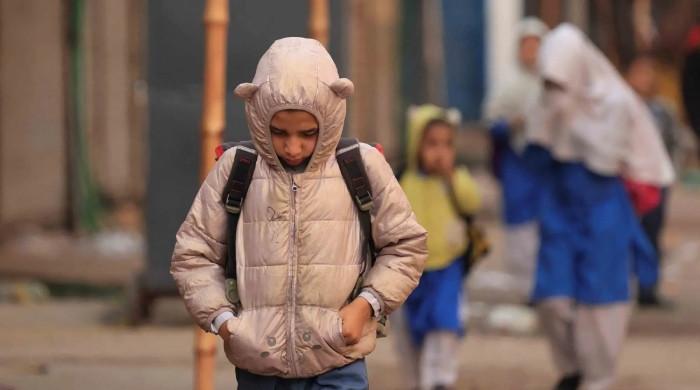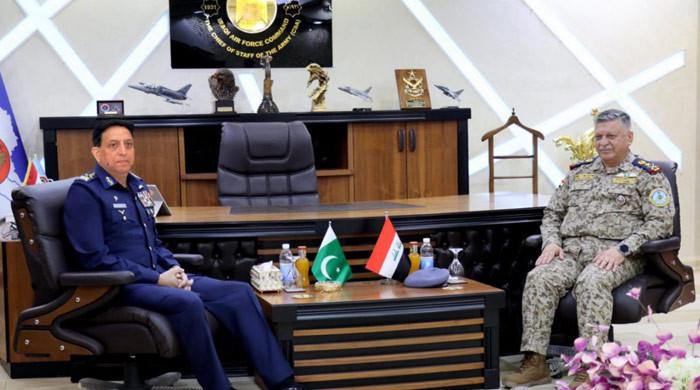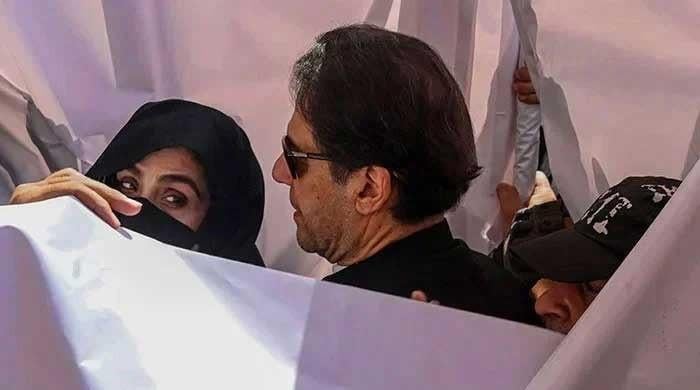Less than 3% rapes in Pakistan lead to conviction
Low conviction rate persists despite Pakistan passing an anti-rape law in 2016
September 15, 2020

In Pakistan, the conviction rate in rape and sexual assault cases is abysmally low, under 3%, estimates the Karachi-based War Against Rape (WAR).
“Unfortunately, rape and sexual assault is still a taboo subject in Pakistan,” Shehraz Ahmed, program coordinator at the non-governmental organization WAR, told Geo.tv, “Cases of rape are underreported and conviction is even lower, under 3%, across the country.”
Women who do report the crime are forced to visit male-dominated police stations, where they are asked unnecessary questions, Ahmed adds. “At police stations, they face a kind of secondary victimization and harassment by policemen.”
The low conviction rate persists despite Pakistan passing an anti-rape law in 2016, under which government officials can be punished for disclosing the identity of a victim or for attempting to hamper an investigation.
The law also calls for cases of rape and sexual assault to be decided within three months to one year.
“We have the legislation, but it needs to be implemented,” said Ahmed, “Such cases should be concluded in three months, but even today they can drag on for five years, during which the victims are under a lot of pressure to drop the proceedings.”
Another urgent need for effective implementation of the law and to drive up the conviction rate is to recruit more medico-legal officers in the country. These officers are primarily tasked to conduct the medical and physical examination of survivors and prepare a report.
“We have seen over the years that when such examinations were done on time — between 24 hours to 72 hours — the suspects were convicted.”
At the moment, as per WAR’s data, there are only four medico-legal officers in Karachi alone, a city of over 14 million.
“There need to be more medico-legal officers in every city, both male and female,” Ahmed said.









